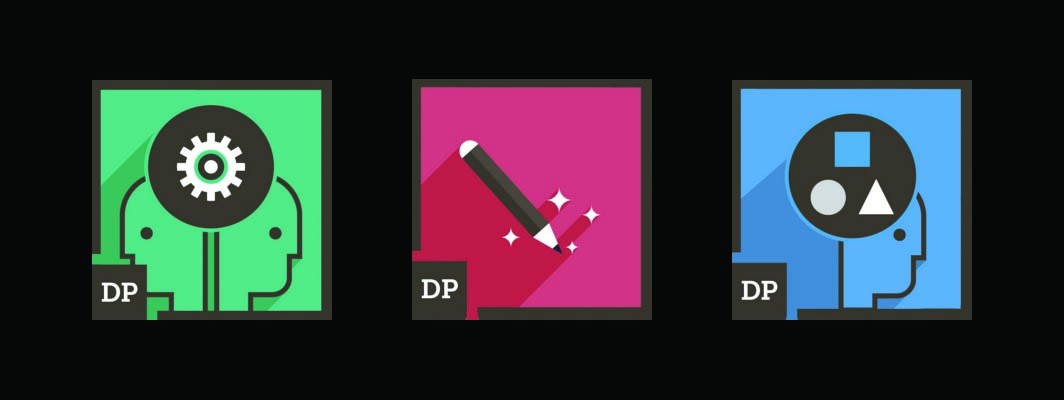
After some initial research, Ms. Richards stumbles upon the concept of Deeper Learning — the idea that through hands-on, real-world learning, students can master academic content, improve their communication, problem-solving, and collaboration skills, and ultimately become more engaged, self-directed, and confident learners. Ms. Richards is inspired, but needs more resources to get started. Deeper Learning requires a new way of teaching, changing her classroom from orderly rows of desks to a dynamic world of project-based group work and student-driven exploration.
For Ms. Richards, Deeper Learning holds great promise for engaging her students. Rather than having students read about the Roman Empire and write a paper about it, students could split into groups and develop compelling presentations on the fall of the Roman Empire from different perspectives. Similarly, her students could recreate a feudalistic society for a day, each assuming a different role, and then discuss the dynamics between landowners and peasants.
The possibilities are endless and the promise is great. The Deeper Learning strategies are based on the skills students will need to succeed in college and career — skills identified by business leaders and college administrators as most valued by employers. Additionally, research suggests that students engaged in Deeper Learning learn more efficiently, retain more academic knowledge, and can apply their learning in complex ways.
However, as Ms. Richards realizes, Deeper Learning requires a real shift in how educators think about teaching and learning, and how classrooms look and feel.
To help support educators as they develop their skills around implementing Deeper Learning in their classrooms, Digital Promise has developed 40 micro-credentials that define concrete methods educators can use to implement Deeper Learning. Micro-credentials provide educators with competency-based recognition for their professional learning in the form of shareable digital badges.

We want to hear from you!
Please take this 5-minute survey and help us serve you better.
